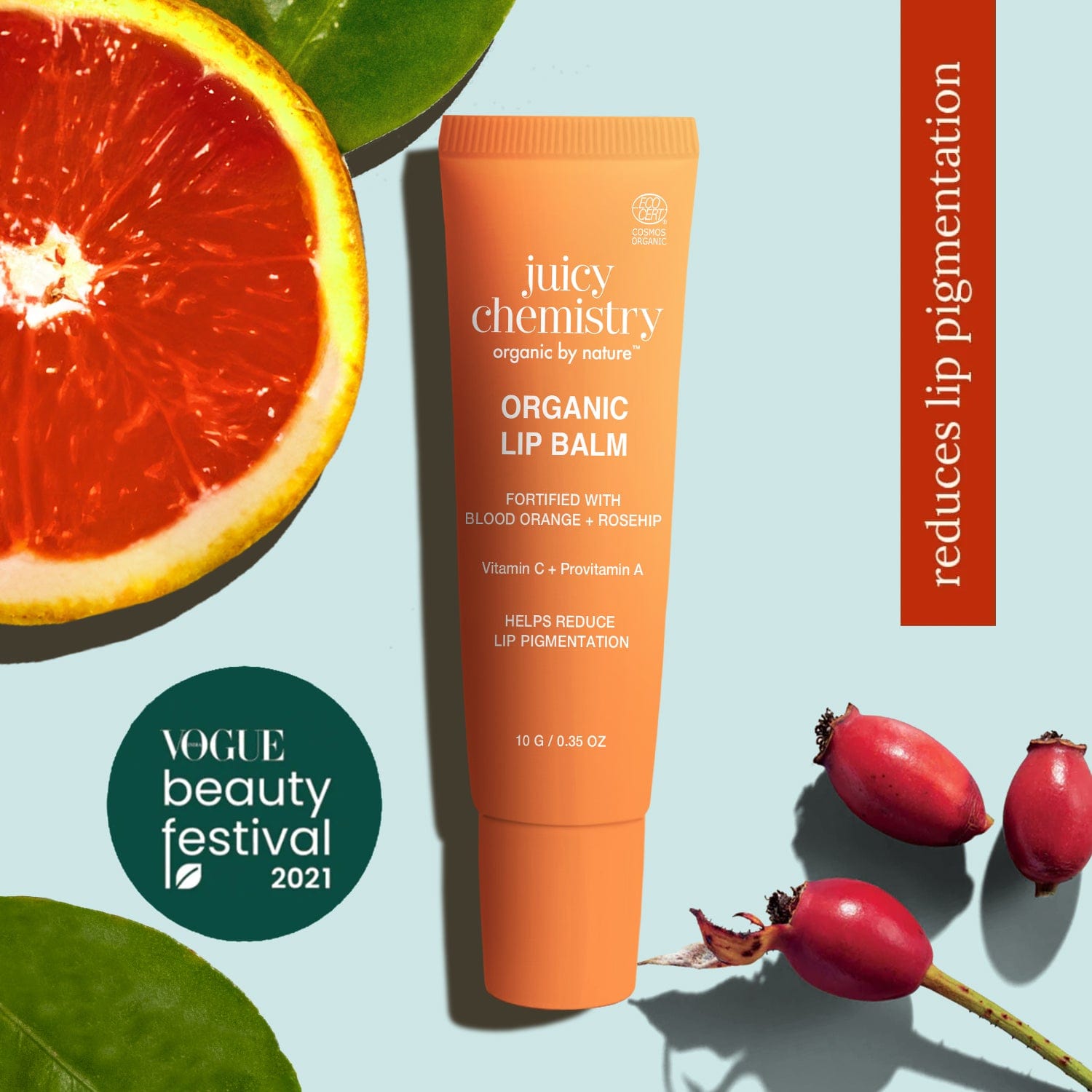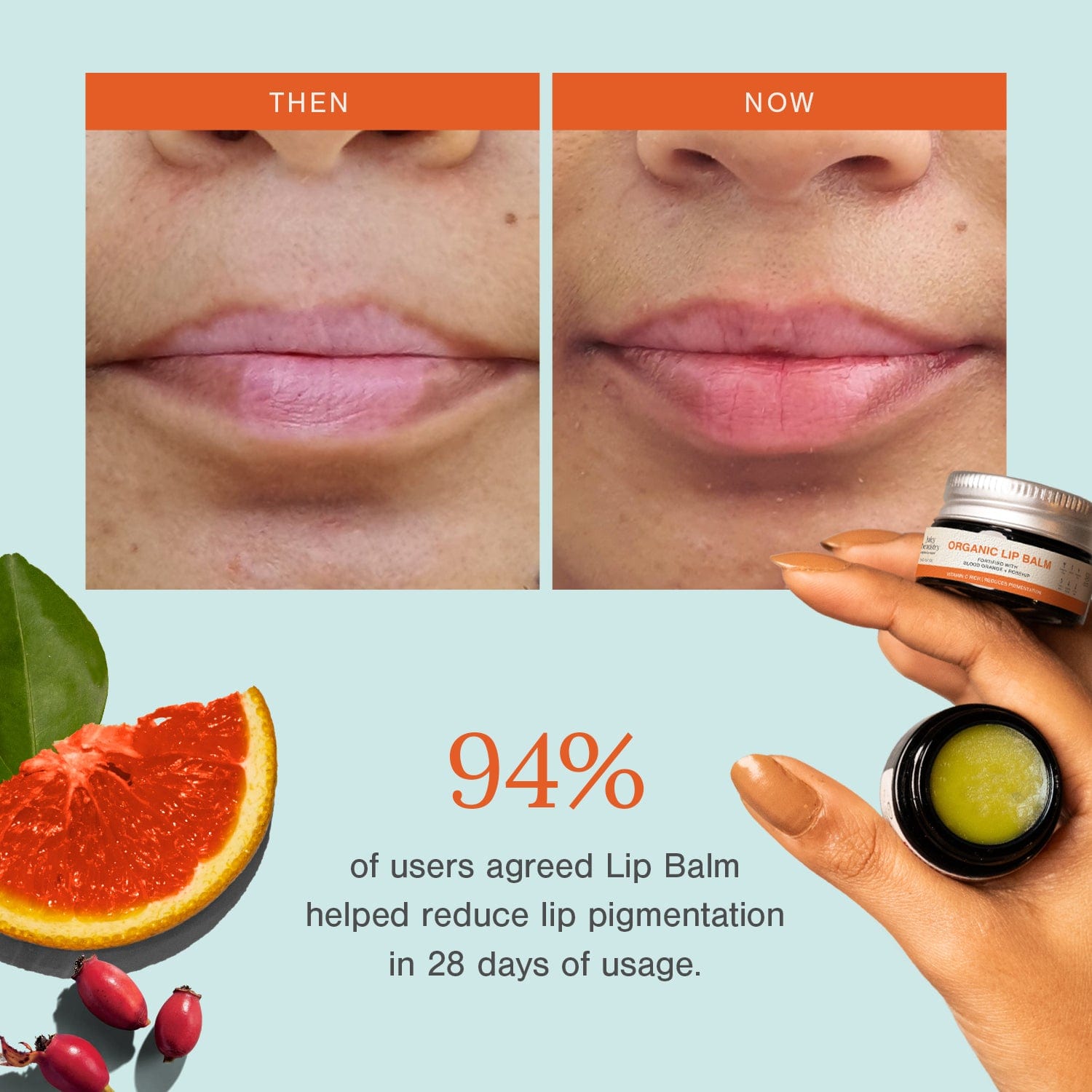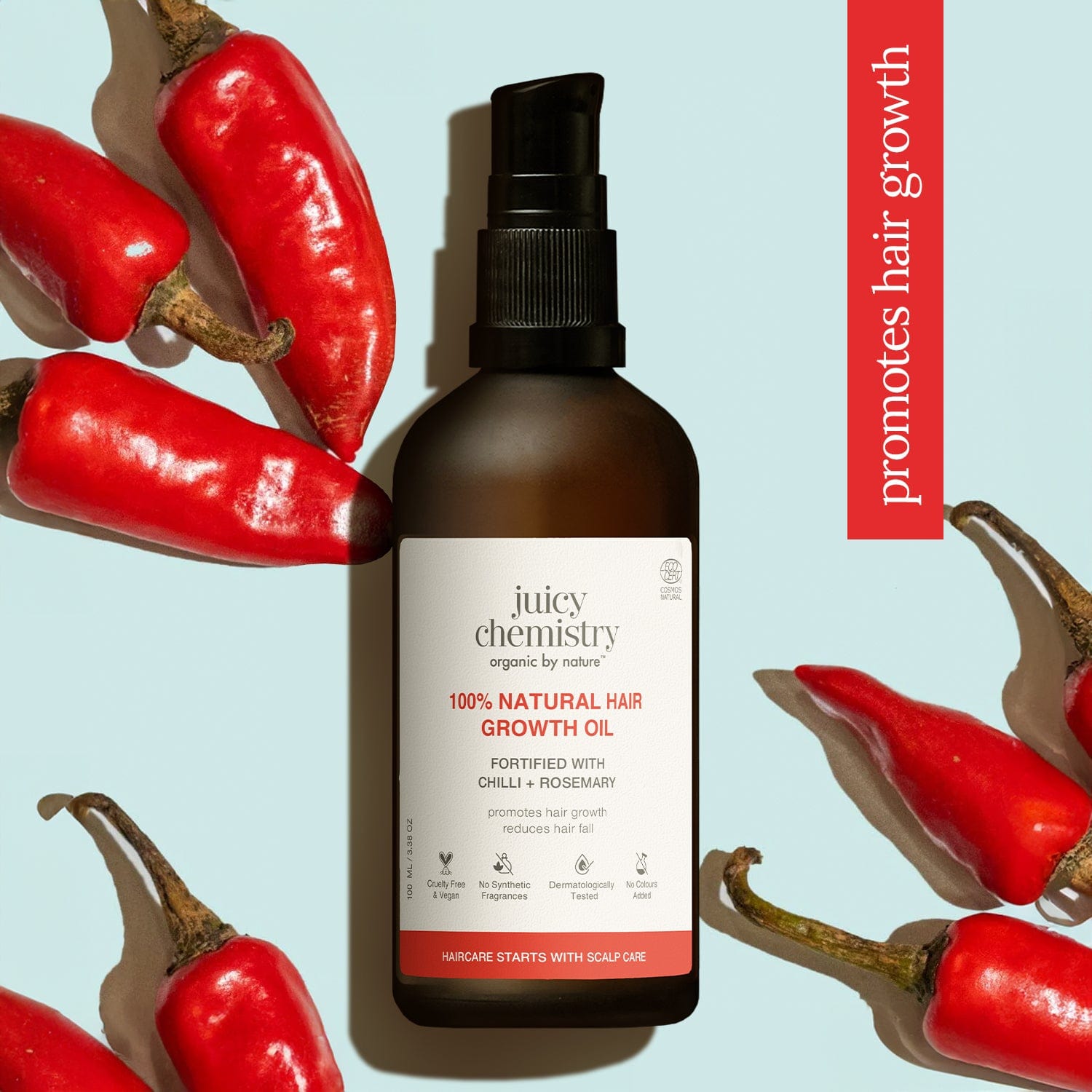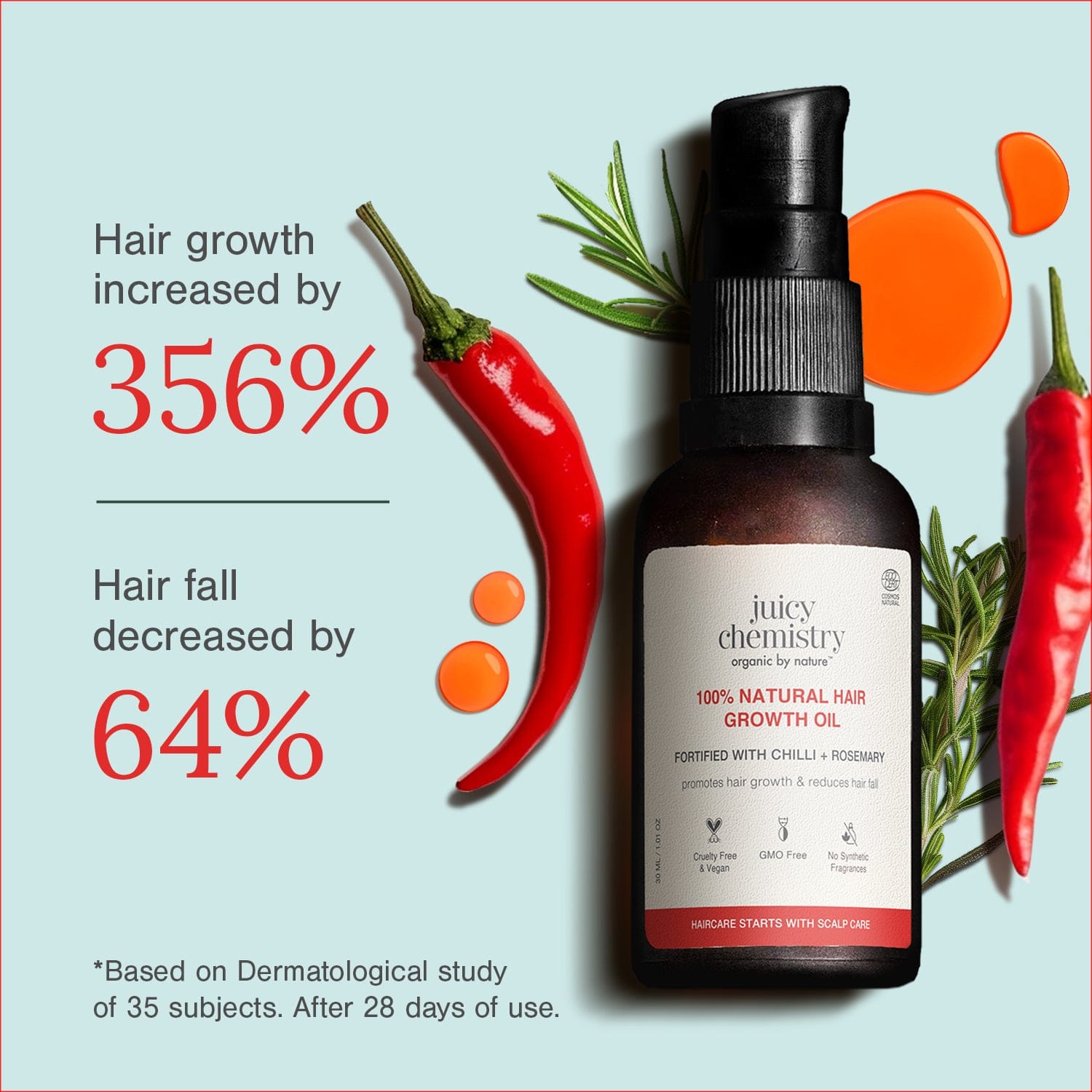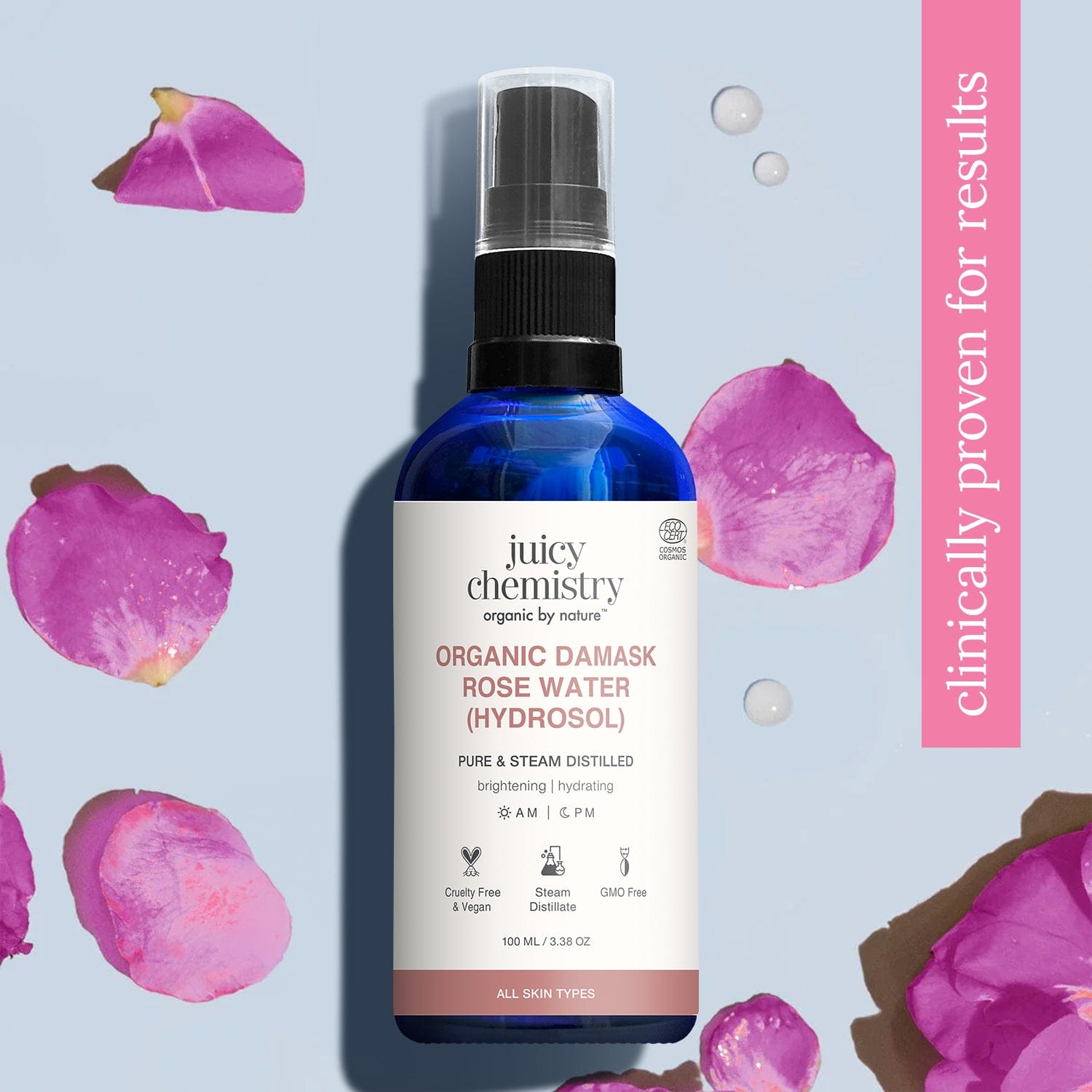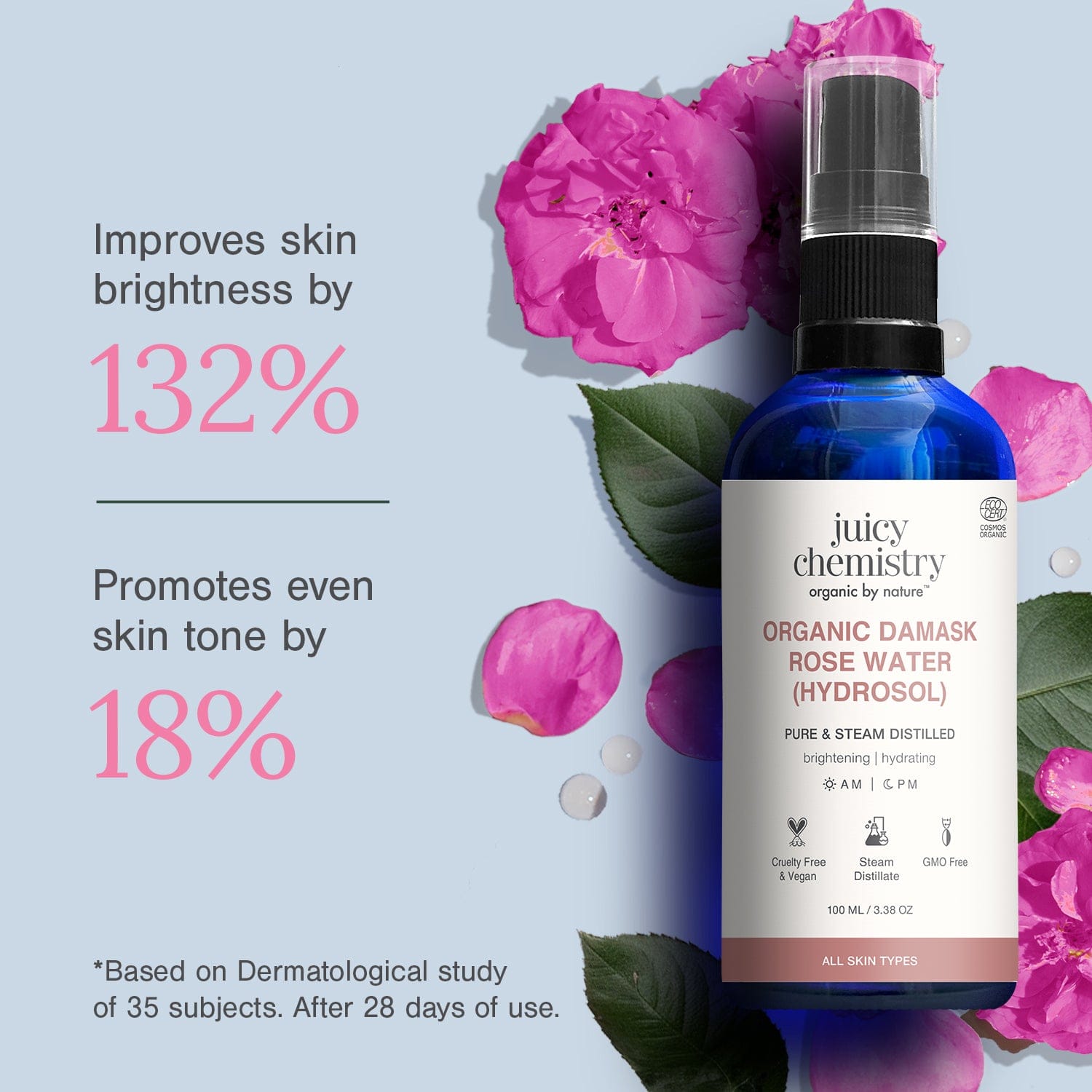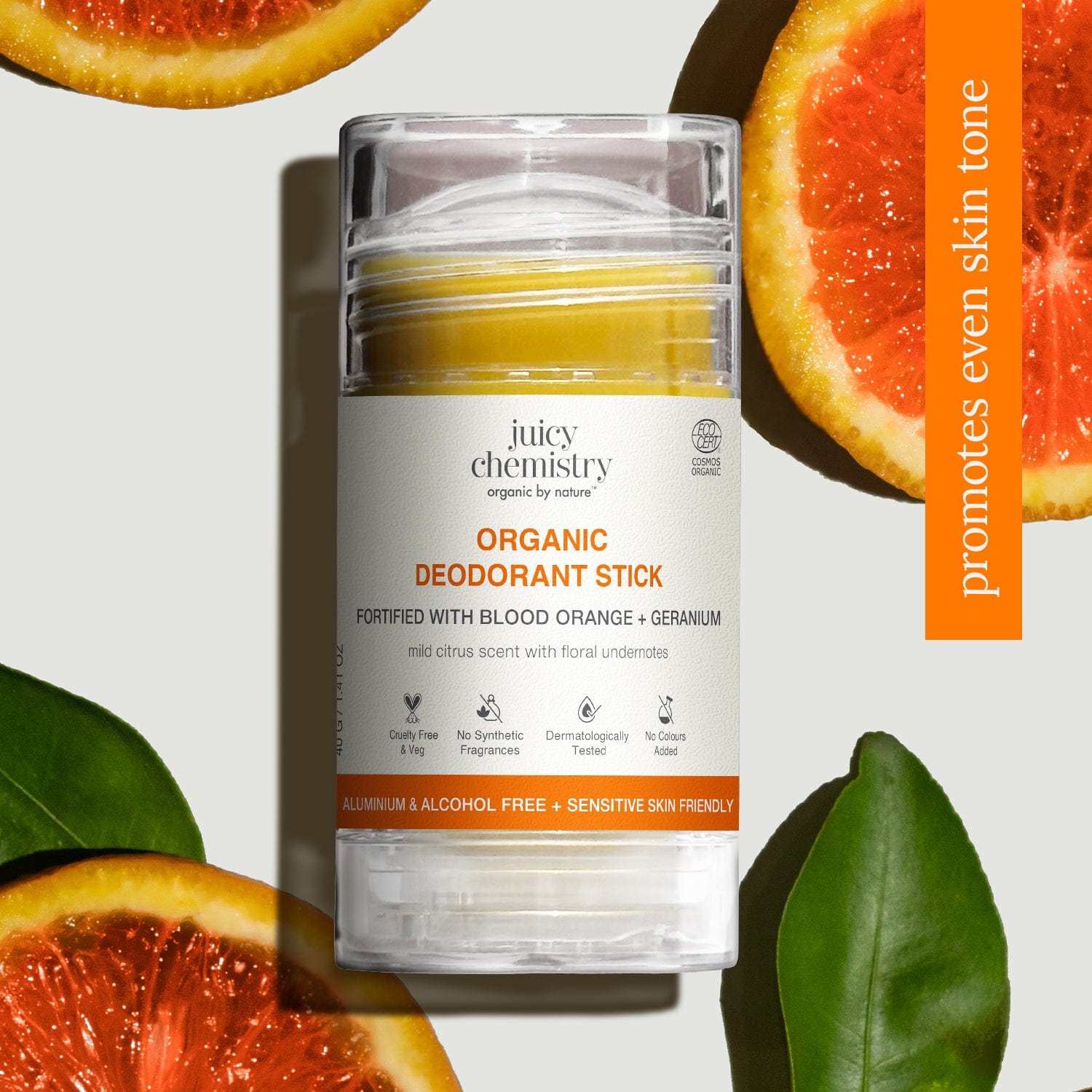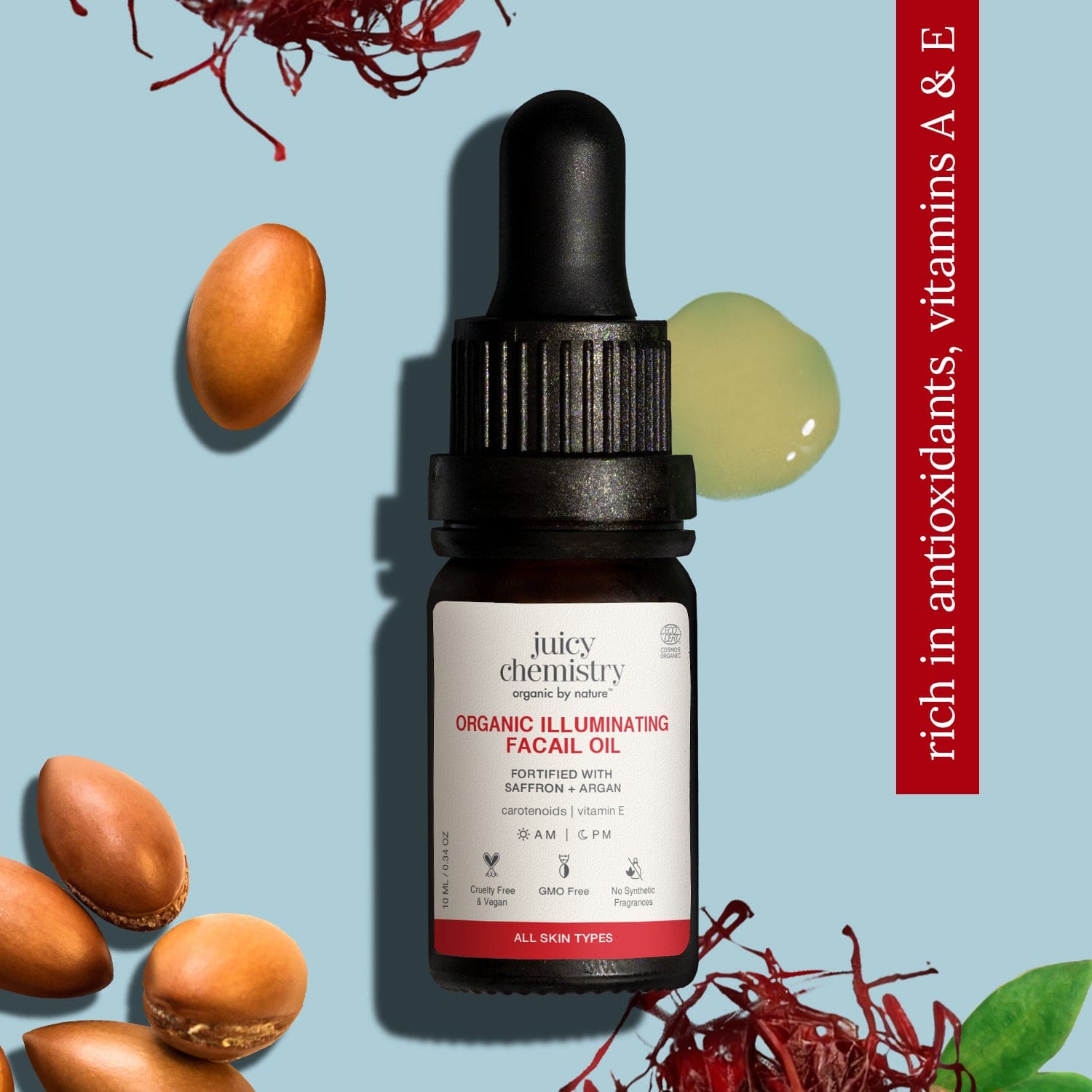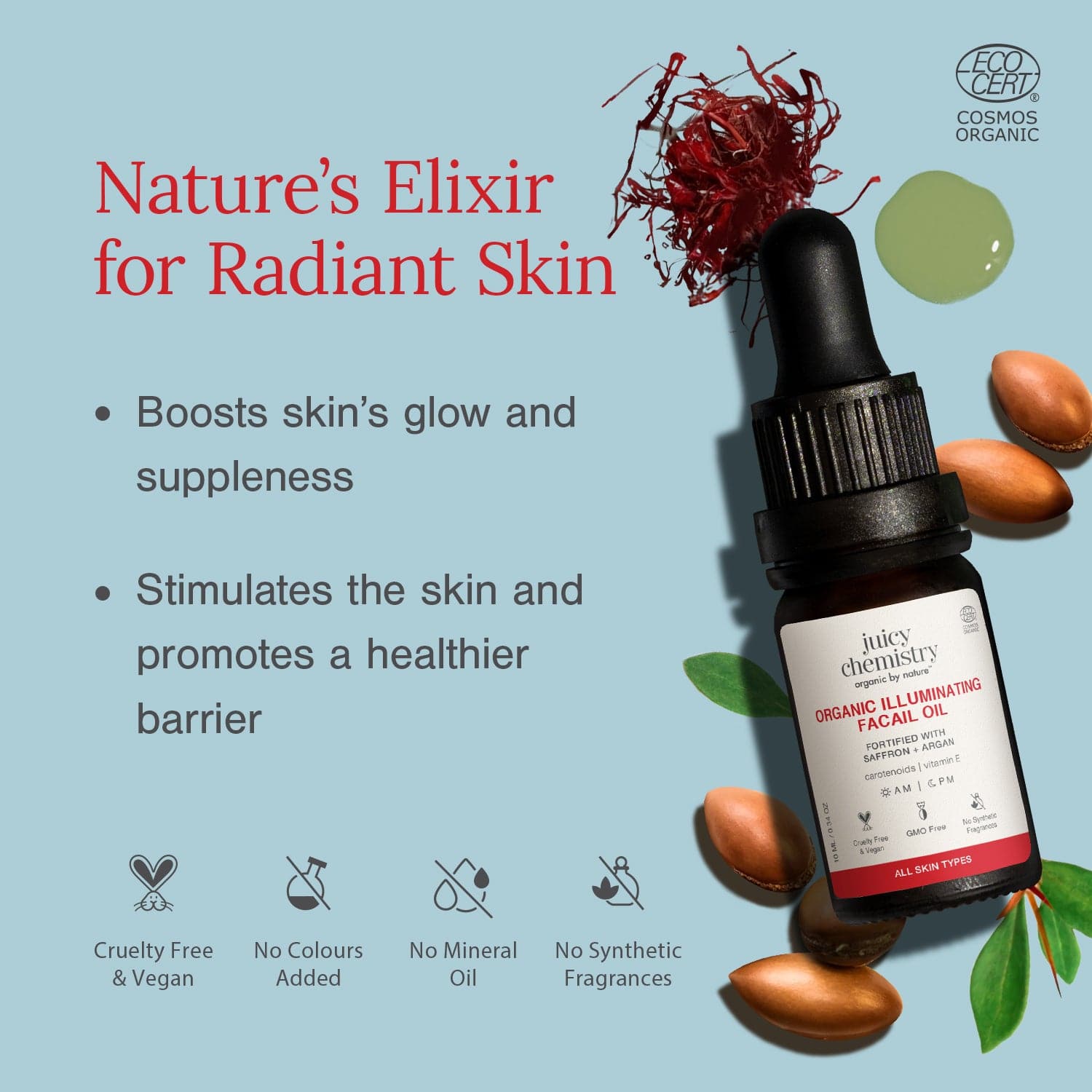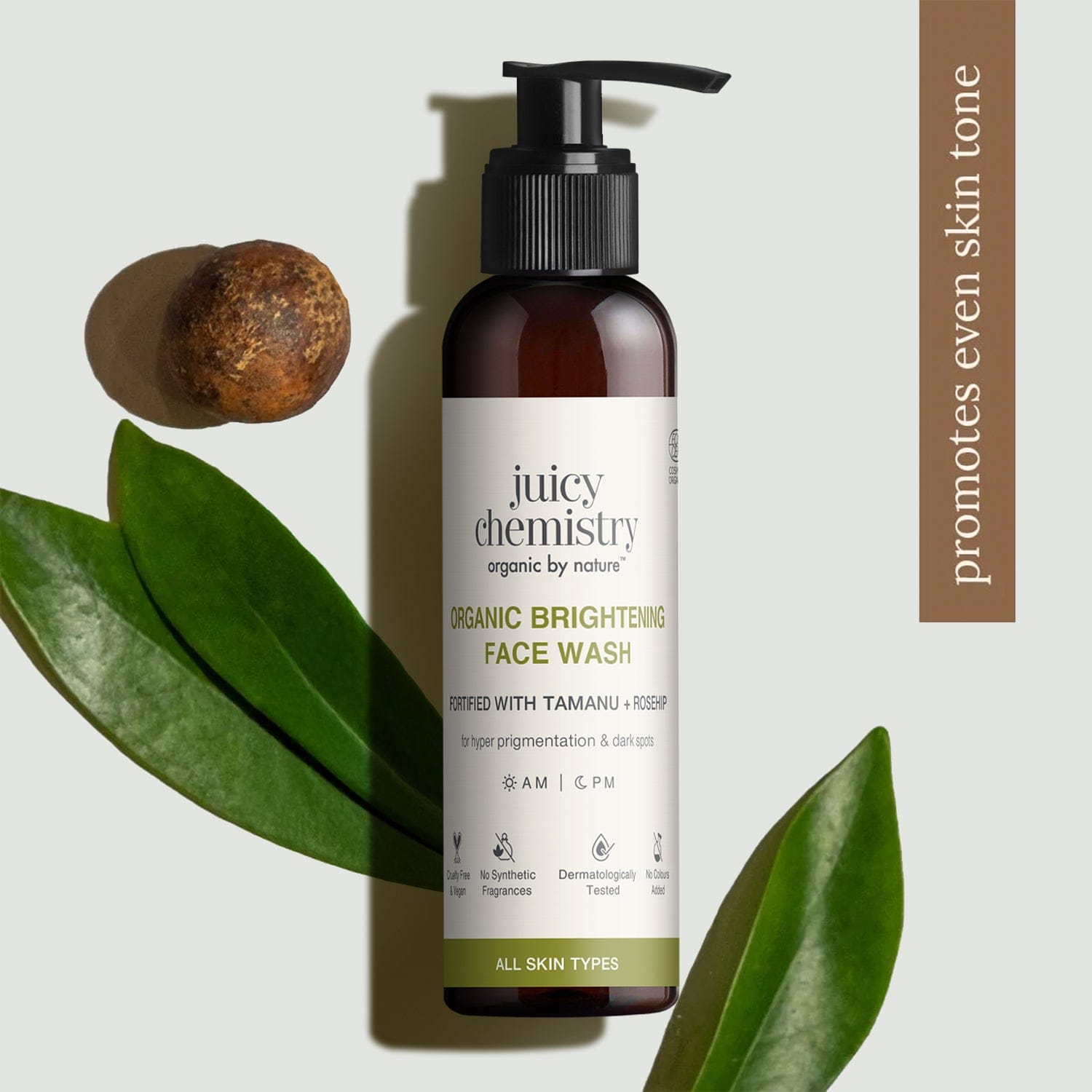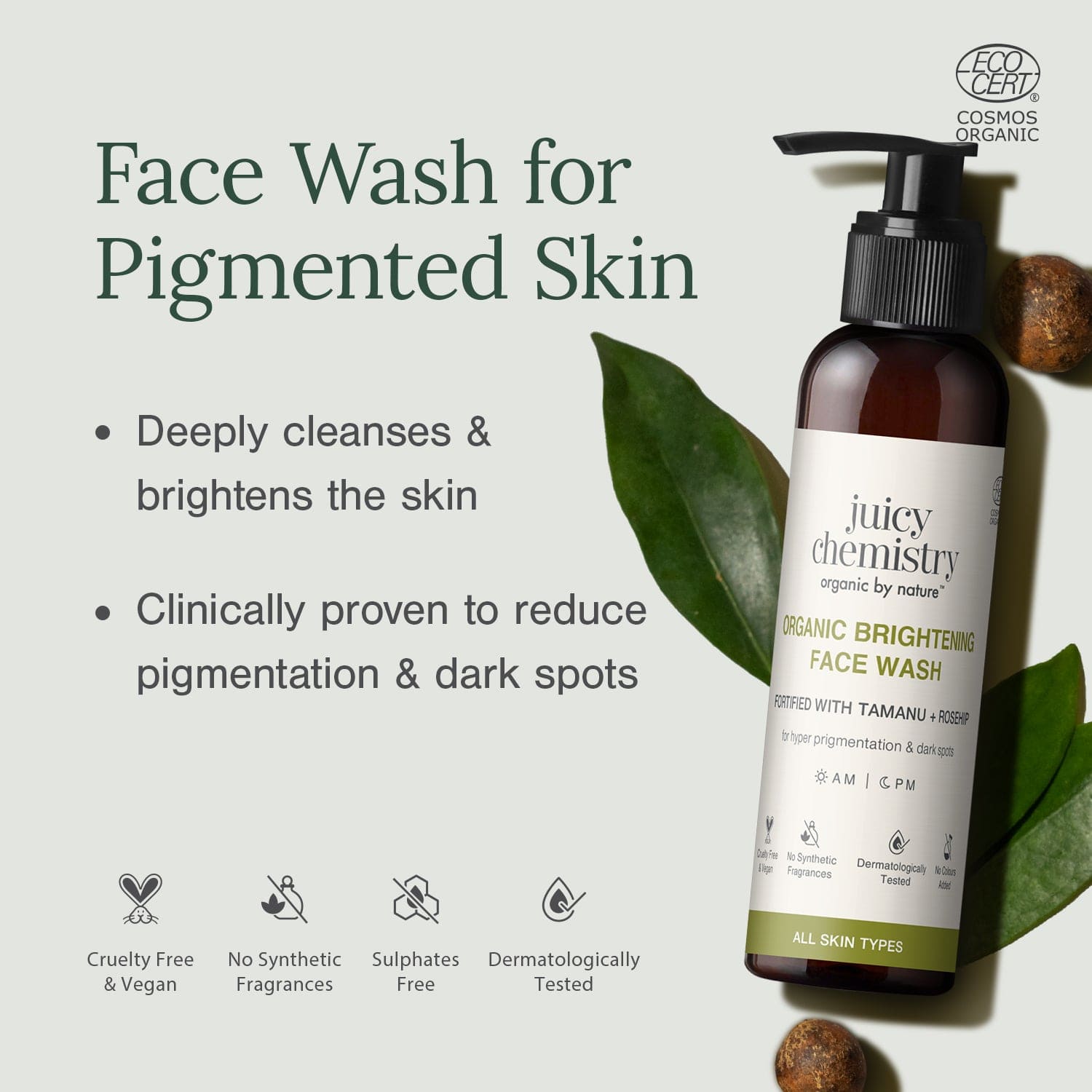Beauty Benefits Of Using Neroli Essential Oil
October 11, 20224 Advantages of Incorporating Neroli Oil into Your Skin Care Routine
Neroli essential oil is derived from the aromatic flowers of the bitter orange tree through steam distillation. Its scent features a delightful combination of sweet and citrusy fragrances. Renowned for its therapeutic benefits, neroli contains bioactive compounds such as phenolics, flavonoids, essential oils, and vitamins. The parts utilized for medicinal applications include the peel of the bitter orange, the neroli flowers, and their leaves.
The fruit of the neroli plant can be pickled or utilized as a seasoning. Its fresh peel is frequently incorporated into marmalades, while the dried peel is often used in various beverages. Additionally, neroli flowers are brewed into teas, and neroli hydrosol is employed to enhance the flavor of sweets in numerous cultures.
Neroli oil ranks among the most commonly used floral oils in the fragrance industry. In contemporary times, it has also become a favored ingredient in the organic beauty sector due to its numerous skin advantages.
Advantages of Neroli Essential Oil for Skin Care
Alleviates Inflammation
Research indicates that the chemical makeup of neroli essential oil positions it as a potent anti-inflammatory agent, effective against both acute and chronic inflammation. Incorporating neroli oil into your skin care regimen can help alleviate inflammation and itching associated with dry and sensitive skin.
Regulates Acne
Studies reveal that neroli essential oil possesses significant antimicrobial properties. It exhibits robust antibacterial and antifungal effects, surpassing those of conventional antibiotics. Research also recommends the inclusion of neroli oil in an oil blend designed to reduce acne and its related inflammation. Furthermore, it is beneficial in diminishing the visibility of scars and acne blemishes.
Delivers Antioxidants
Limonene is a key component of neroli essential oil. A study suggests that essential oils high in limonene boost the skin's ability to scavenge free radicals, thereby reducing oxidative stress and offering antioxidant protection against environmental threats.
Another study indicates that among all parts of the neroli plant, the flowers and leaves demonstrate the most potent antioxidant activity. The enhanced free radical scavenging capacity of neroli essential oil is also attributed to compounds like γ-terpinene, nerol, and geraniol.
Offers Antiseptic Properties
The combination of strong anti-inflammatory, antimicrobial, and cell-regenerative characteristics in neroli essential oil makes it a highly effective antiseptic agent for promoting wound healing and tissue repair.
How to Utilize Neroli Oil for Skin Care?
Neroli essential oil can be applied to your skin to harness its anti-inflammatory, antimicrobial, and antioxidant properties. Mix 2-4 drops of neroli oil with 2-4 tablespoons of your preferred cold-pressed oil and gently massage this mixture onto your face and body before bedtime. Additionally, you can add 1-2 drops of neroli oil to your face mask for enhanced benefits.
Note - Always conduct a patch test with DIY recipes prior to application.
Juicy Chemistry Products Featuring Neroli Essential Oil
-
Carrot, Rosehip, and Neroli Organic Soap is a certified organic soap crafted from saponified olive oil, shea butter, and mango seed butters, which cleanse delicately while keeping your skin hydrated. It includes carrot extract and rosehip seed oil to repair sun damage, along with neroli and patchouli essential oils to impart antioxidant benefits to your skin.
-
Neroli, Rosehip And Tamanu Organic Body Butter is made with organic rosehip seed oil, sweet almond oil and vitamin E to reduce scarring and pigmentation, and cocoa butter and shea butter for stretch mark reduction.
-
Helichrysum and Rosehip Facial Oil is a fast-absorbing facial oil meant for night-time application. It has organic rosehip and carrot seed oils that repair sun-damage, and neroli and helichrysum essential oils to stimulate blood circulation on your skin.
Commonly Asked Questions
Which skin types are suitable for neroli essential oil?
Neroli essential oil is beneficial for all skin types, particularly for those with oily, combination, and acne-prone skin. Nonetheless, we advise conducting a patch test with the diluted essential oil prior to application.
Is it possible to apply neroli essential oil as a targeted treatment for acne?
Absolutely. Neroli essential oil can effectively serve as a targeted treatment for acne and scars. To prepare, dilute 3 drops of neroli oil in 2 teaspoons of organic rosehip oil. Transfer the mixture into an empty roll-on bottle and apply it as a spot treatment.
Important Note - Essential oils should never be applied directly to the skin. Always ensure they are diluted in a carrier oil to avoid any potential sensitivity.
References
https://pubmed.ncbi.nlm.nih.gov/25762161/
https://pubmed.ncbi.nlm.nih.gov/24163946/

